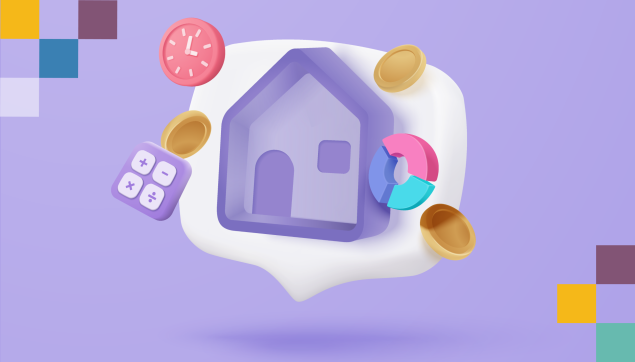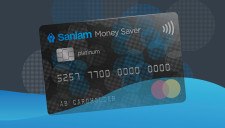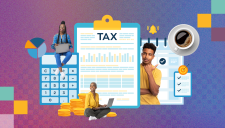What to do with your 13th cheque

Published on 27th November, 2024 at 06:35 pm
Wondering how to use your 13th cheque in a low-interest environment? This guide breaks down the pros and cons of paying off debt versus investing, with expert tips to help you make the most of your year-end bonus.
Reading time: 5 minutes
In this article, you’ll learn:
- How lowered interest rates affect your bonus choices.
- Practical ways to decide between paying off debt and investing.
- Strategies to maximise your financial boost.
If you’re lucky enough to be expecting a year-end bonus, you’re probably weighing your options for the best way to use it – especially as interest rates are expected to drop again. Should you pay down debt, invest, or maybe even save a portion for future goals? Here, financial planners Pieter Venter from Graduate Wealth BlueStar and Jiten Singh, principal of Future Vision BlueStar, offer insights to help you make the best financial choice for your situation.
Decide between debt, investment, and spending
Your financial goals, debt level, and circumstances will guide your choice. As Singh explains, you don’t necessarily have to choose just one approach. “It’s possible to split your bonus to pay off some debt, invest a portion, and keep a small amount for spending,” says Singh. This balanced approach can provide a little financial relief, growth, and enjoyment.
How to prioritise debts while keeping your sanity
When choosing debts to pay off, experts recommend focusing on those with the highest interest rates first. Credit cards, for instance, often come with high interest, which can make repayment costly if left unaddressed.
Venter suggests paying down high-interest debt first, such as credit cards or personal loans. However, for some, tackling smaller debts first — the ‘snowball method’ — can offer quick wins and emotional satisfaction. “Celebrating these little wins can help lay a foundation of good money habits,” says Venter.
How lower interest rates may affect your decision
When interest rates fall, borrowing becomes cheaper. Your monthly payments for home loans or other loans are reduced. However, as Venter points out, this also means lower returns on certain savings products. “It’s a great time to think about a diversified investment plan that balances growth with security,” he advises. For those with debt, this environment can make prioritising repayment an even more financially sound choice.
Singh adds: “with lower interest rates, traditional options like fixed deposits may yield lower returns. Looking into alternatives, such as unit trusts or tax-free investments, could provide better growth potential.
Balancing investments with emergency savings
Before committing your bonus to long-term investments, consider your emergency fund. A buffer of three to six months’ worth of expenses is ideal, as it provides security during uncertain times. If your emergency fund is underfunded, Venter suggests using part of your bonus for this purpose. You’ll gain stability in case of unexpected expenses.
Practical steps for using your bonus
Here are a few ways to make the most of your 13th cheque:
1. Set clear goals: Decide if you’ll focus on debt reduction, investment, or saving, and be specific.
2. Create a budget: Allocate portions of your cheque for each goal. Venter recommends automating debt payments or investments to ensure consistency.
3. Avoid impulse spending: Singh warns that short-term pleasure can lead to regret. “It’s best to write a list of priorities and stick to it, so you don’t get carried away with unnecessary expenses,” he advises.
Understanding the Repo and Prime Rates
The repo rate, controlled by the South African Reserve Bank, is the interest rate at which it lends money to commercial banks. When the Reserve Bank lowers this rate, it indirectly influences the prime rate—the interest rate that commercial banks charge their best clients. Depending on your financial history, and the type of loan you’re applying for, you may be offered a rate that is lower or higher than the prime rate which varies according to the interest rate movement. For consumers, this means that loan repayments could become more affordable when the Reserve Bank lowers the repo rate, but not all rates adjust at the same speed. Always check with your lender to confirm any changes that might apply to you.
Read more about year-end bonuses and the impact on retirement.
Read additional ideas for your 13th cheque here.
Want to learn more?
We send out regular emails packed with useful advice, ideas and tips on everything from saving and investing to budgeting and tax. If you're a Sanlam Reality member and not receiving these emails, update your contact details now.
Update Now







